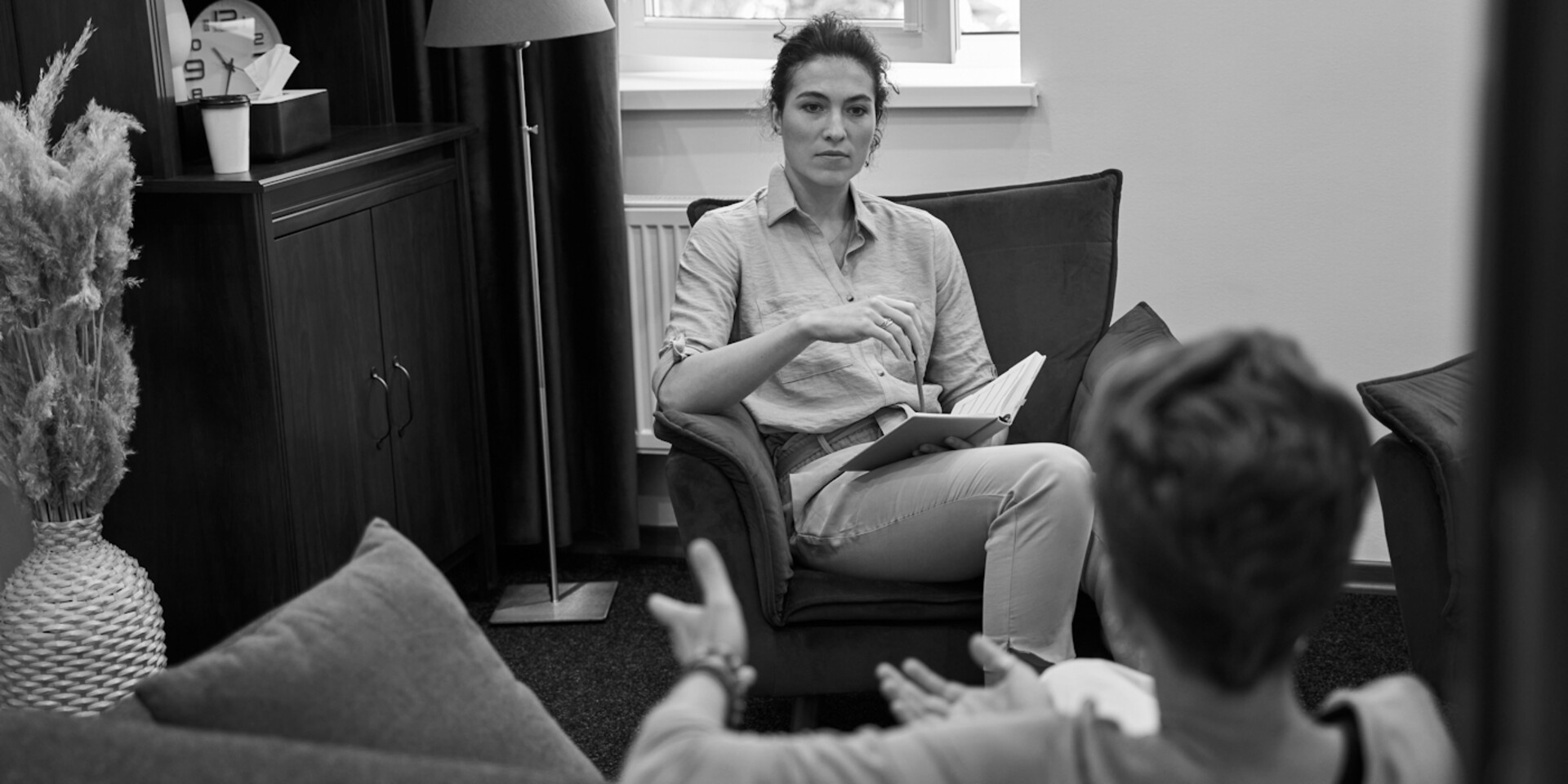Can You Educate Me On The Purpose Of The Initial Consultation?
Question: Can you educate me on the purpose of the initial consultation? The psychologists I've seen, used the hour to get background information, and tell me what to expect in the following sessions. I thought the first meeting would be an opportunity for us to get to know each other - to see how we felt about working together - but the impression I get is that by just turning up, I have already made a firm commitment.
Answer (1) Both of your your expectations are correct. In order to work with you, a decent history must be taken but in the taking of a history, a good deal of question and answer interaction should take place. It is within the richness of this interaction that someone can decide if the person asking the questions and making the comments, has the intelligence, empathy and emotional dexterity to put you at ease and be of use. "A just the facts Mam" approach, leaves you feeling merely interrogated, with no idea about any of the above. However, you must realise that a therapeutic relationship is mostly about you and to be therapeutic, it must be set up somewhat differently to an ordinary reciprocal friendship.
Answer provided by David White, Psychotherapist
Answer (2) I use the first session as a kind of assessment (and tell potential clients before they come) which means I take down relevant information as to why they are seeking therapy and what they hope to achieve out of it etc. I do view it as a time to get to know each other and always encourage people to ask me questions. What I then do at the end is give the person/s an overview of how I might work with them if they choose to keep coming to see me. Then I ask them if they would like to think about that before making a decision to see me or not. In other words I never assume that a client is going to continue with me. I believe that it has to feel right for all parties concerned.
Answer provided by Jacqueline McDiarmid, Psychotherapist
Answer (3) Many people take a long time considering therapy before they actually make an appointment. By the time they arrive for their first appointment they are very keen to deal with the issue at hand. Understanding this I do get to the issue as soon as I collate initial background info. In an ideal world it would be preferable to 'suss out' each other first however few would like to walk out of a session without an approximate treatment plan for the future. It is important however that you do not feel obliged to continue against your will. In a therapeutic relationship we both have the right to cease therapy at any time. However this needs to be done in a respectful way.
Answer provided by Eva Fera, Psychologist
Answer (4) An initial consultation (for me) is exactly as you have said - an opportunity to gather background information, and to gather information relating to the issues that you have attended for. If you don't feel comfortable with someone, you don't ever have to go back! Hopefully the psychologists you have seen did make you feel comfortable discussing the issues with them. At the same time, I feel that simply "getting to know someone" is something that you shouldn't have to pay for. The initial consult has a purpose, as should all sessions, and is not just an open-ended meet-and-greet. I would tend to get down to business quite quickly, or else I would feel I was ripping you off. If you don't feel comfortable with the style of session, by all means raise this, or you can find another counsellor- you certainly aren't locked into endless therapy.
Answer provided by Nicholas Rooke, Psychologist
Answer (5) Depending on your issue, the first session may be just exploration and planning, or making immediate inroads into the actual problem if it's an urgent one. At least that's how I work. I find that telling a client in detail what to expect can prove as fictional as the equally popular 'business planning', so I just give broad guidance at this early stage. The reality is that we can't know for certain, because it unfolds in ways which can take both parties by surprise.
I think you are right, that it should be a 'toe in the water' session, to see how well matched therapist and 'therapee' are, and to give you the chance to ask questions and see how you feel. An experienced psychologist may also have natural momentum about wanting you to come back simply because they can see in you the potential to make progress with the therapy. In other words, it may be enthusiasm that you are picking up on, a.k.a. "This is great...I 'd really like to work with this person!..."
Don't feel pressured - it really is up to you.
Answer provided by Stephanie Thompson, Psychologist
Answer (6) Clients have no obligation to continue working if they are not convinced the counsellor is a "good fit". Practice varies between individual therapists. By the time a client has come to me I have already discussed on the phone what issues have prompted the contact and what the client hopes to achieve. Counselling is not inexpensive so I want the client to leave the first session having been heard, having some clearer idea of how to progress, and having experienced my counselling so they can make an informed decision whether they want to continue with me. Assessment, information gathering, goal setting, monitoring and feedback are all ongoing parts of my counselling process. So apart from ensuring the client understands my role and that any safety issues are addressed at the outset, therapy begins almost immediately we sit down.
Answer provided by John Hunter, Counsellor




